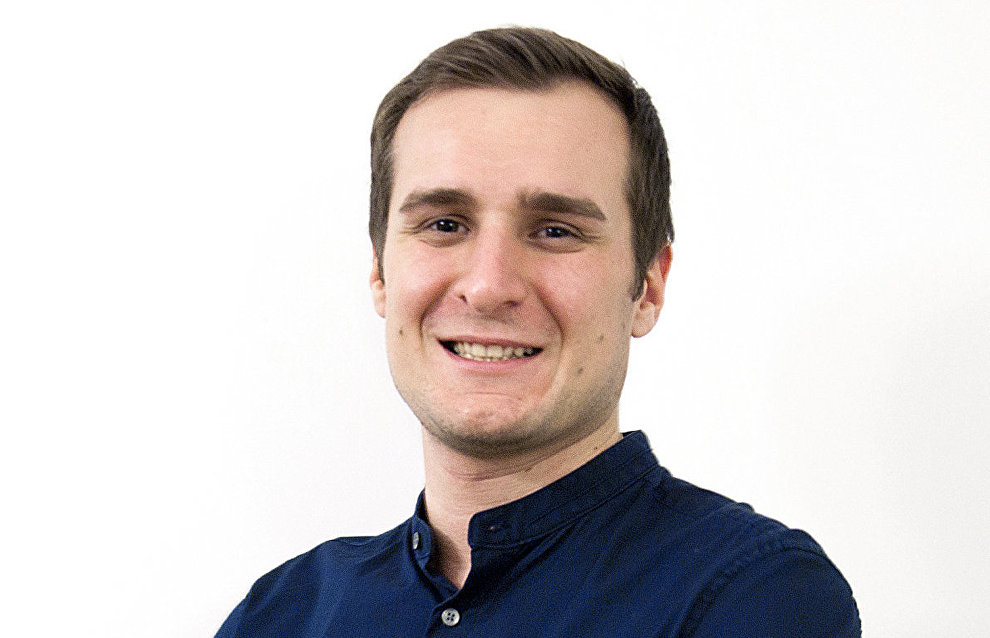Ivan Dubinenkov: We are working on building the Arctic talent pool
Ivan, how did the idea of a youth workshop come about?
I represent the community of young polar researchers and the Polar Initiative nonprofit organization, which is the successor to the Russian branch of APECS — the Association of Polar Early Career Scientists. It's an international organization with about 6,000 members. During last year's Arctic Days in Moscow conference, we came up with an idea to hold a youth workshop this year. We contacted the organizers, and they got interested. Then, we began to choose the speakers and the topics and formats of their reports.
How is it organized?
There will be two panels, one oral and one based on posters. The first will feature 16 speakers, while the second will have its participants present their projects on posters during one hour.
We have invited researchers from different areas. Some will speak about the Russian-speaking population of Spitsbergen (Svalbard), others will cover potential risks facing oil and gas companies, and still others will discuss climate change. There is a report about craters and holes on the Yamal Peninsula that are caused by permafrost degradation and, as is believed, by a sharp release of subsurface methane. However, a final conclusion has yet to be reached.
Is that what you think, too?
It looks like it.
Back to young researchers. How did you choose the speakers?
We were choosing people with merits, whose names are known in the industry. Arctic research is a fairly narrow area, with only a few hundred participating researchers. We are building up a talent pool, and looking for active speakers. We tried to cover a large number of topics, so as to avoid holding a lop-sided panel. Therefore, we brought in speakers from liberal arts and natural sciences to make sure we have a representative group.
Did you invite any foreign participants?
We did, but it is pretty hard to get our foreign colleagues here on such short notice. Most conferences are planned one year in advance, so it's hard to make things happen in a matter of few months. Some people are away on expeditions; others have been invited to other events, or are simply busy working at their labs.
Next year, we will be able to invite many foreign participants, especially young researchers.
So, you are planning another youth workshop?
If the conference does take place, I think, yes. Perhaps, we will be able to expand this workshop, or split the discussion into separate subjects.
By the way, some are saying that there's a shortage of young employees. What should we expect?
The people will come. If you read the media, they are clearly trying to popularize Arctic research and studies in the northern regions. It will bear fruit sooner or later. In addition, universities are beginning to create special departments to train such employees, including engineers, researchers and other professionals.
We, in turn, are also working on our talent pool, which can be later mobilized, if the state, research institutes or corporations become interested in putting it to use.
What else do you do besides your work at the Polar Initiative?
I also engage in research at Moscow State University. Before that, I worked on my Ph.D. in Germany for three years, and held four expeditions to the Arctic.
How did that go?
It went perfectly well for me. I defended my Ph.D. thesis, Biogeochemistry of Organic Carbon in the Arctic. We conducted studies at the Lena Delta base. It's a properly equipped station with boats, all-terrain vehicles, and chemical, meteorological, environmental research instrumentation. You can bring your own equipment there if you need to work on specific tasks. Each year, a good international research team goes there and carries out various research projects.
Is this work productive?
Yes, the research is done in a relaxed atmosphere: people live, work and have fun together. That's one way to establish contacts between Russian and foreign research institutes. There's no separation whatsoever.
